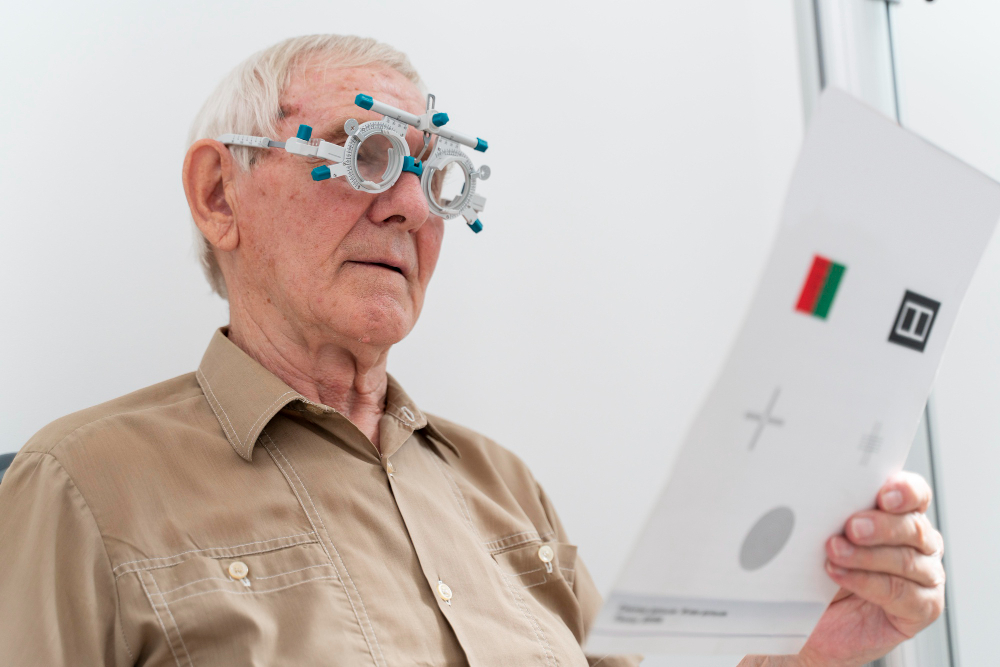Age macular degeneration is a common eye condition that affects many older adults. It can cause vision loss, especially in people over 50. Early detection of age macular degeneration is important. Because this condition can impact daily life, knowing the symptoms, causes, and treatment options is helpful. In this blog, you will learn about age macular degeneration, its symptoms, risk factors, diagnosis, and ways to manage or prevent it.
What is Age Macular Degeneration?
Age macular degeneration, often called AMD, is an eye disease. It affects the macula, which is the part of the retina that helps you see fine details. When the macula gets damaged, central vision becomes blurry or distorted. However, side vision usually stays normal. There are two main types of AMD:
Both types can make reading, driving, or recognizing faces harder. But early treatment can help slow vision loss.
Symptoms of Age Macular Degeneration
At first, age macular degeneration may not cause any symptoms. But as it gets worse, you may notice changes in your vision. For example, you might see:
Sometimes, symptoms appear in one eye first. Over time, both eyes can be affected. If you notice any of these signs, it is important to see an eye doctor soon.
Causes and Risk Factors
Although the exact cause of age macular degeneration is not fully known, several factors can raise your risk. For instance, age is the biggest risk factor. But other things can also play a role:
Because some risk factors can be changed, making healthy choices is important.
How is Age Macular Degeneration Diagnosed?
Eye doctors use several tests to check for age macular degeneration. Usually, a complete eye exam is the first step. During the exam, the doctor may:
Early diagnosis can help protect your vision. Therefore, regular eye exams are important, especially if you are over 50 or have risk factors.
Treatment Options
While there is no cure for age macular degeneration, treatments can slow its progress. The best treatment depends on the type and stage of AMD. Some common options include:
Because each person is different, your doctor will suggest the best plan for you.
Lifestyle Tips and Prevention
Although you cannot change your age or family history, you can lower your risk of age macular degeneration by making healthy choices. For example, you can:
These steps can help keep your eyes healthy and may slow the progress of AMD.
Conclusion
Age-related macular degeneration (AMD) is a leading cause of vision loss in older adults. However, early detection and healthy habits can significantly slow its progression. If you notice changes in your vision, don’t wait — consult an eye specialist at Sree Krishna Healthcare for personalized advice and care.

